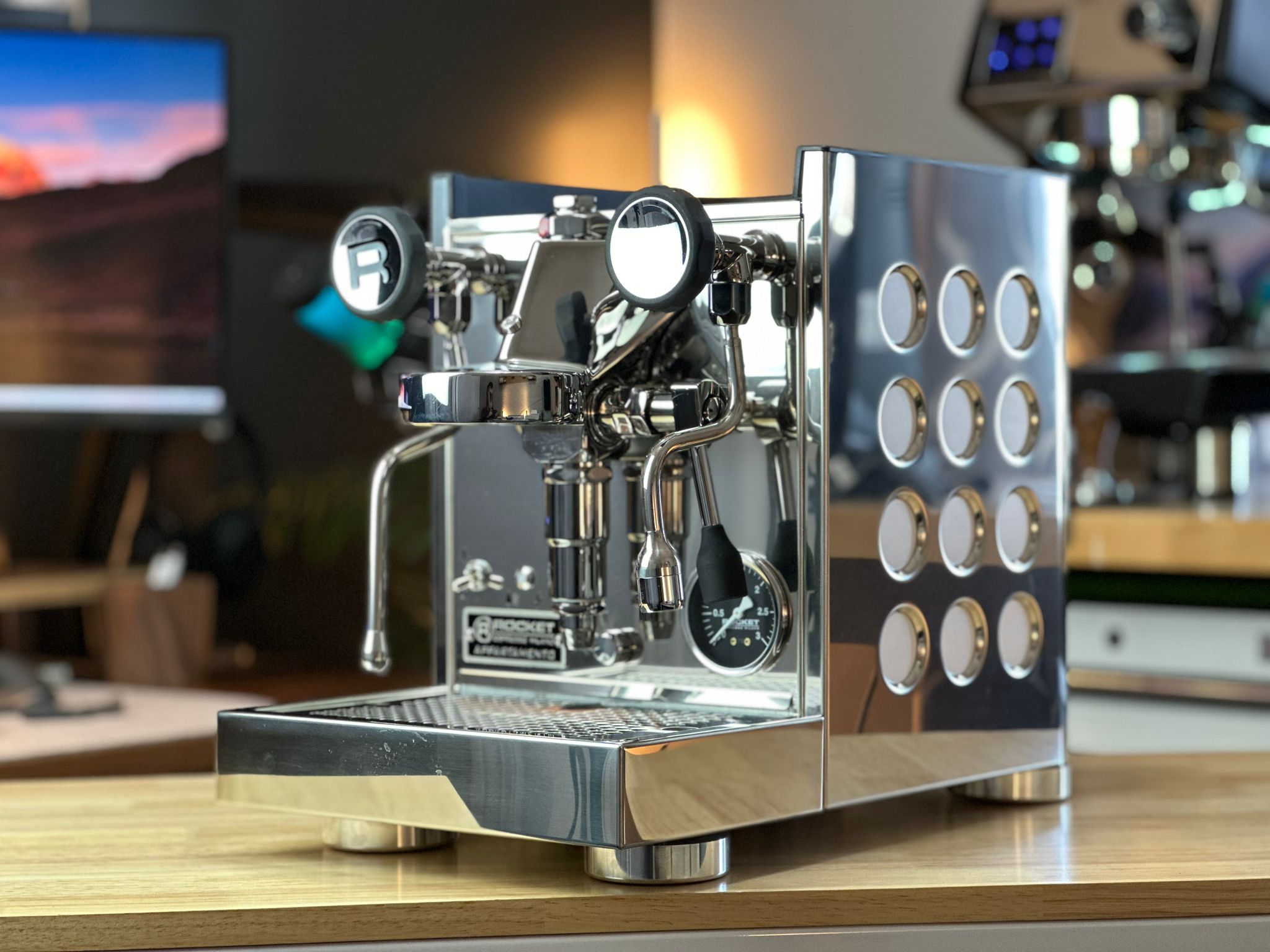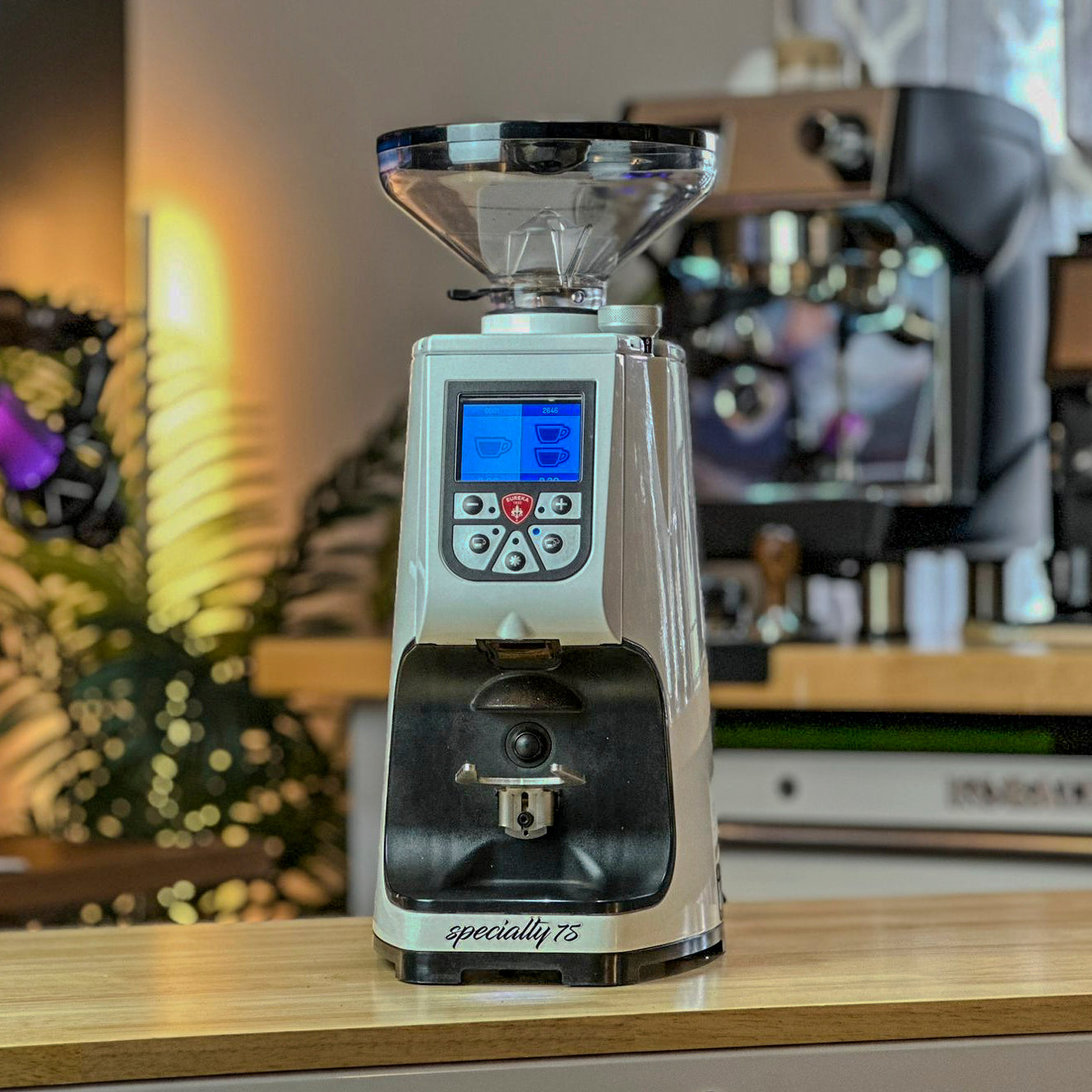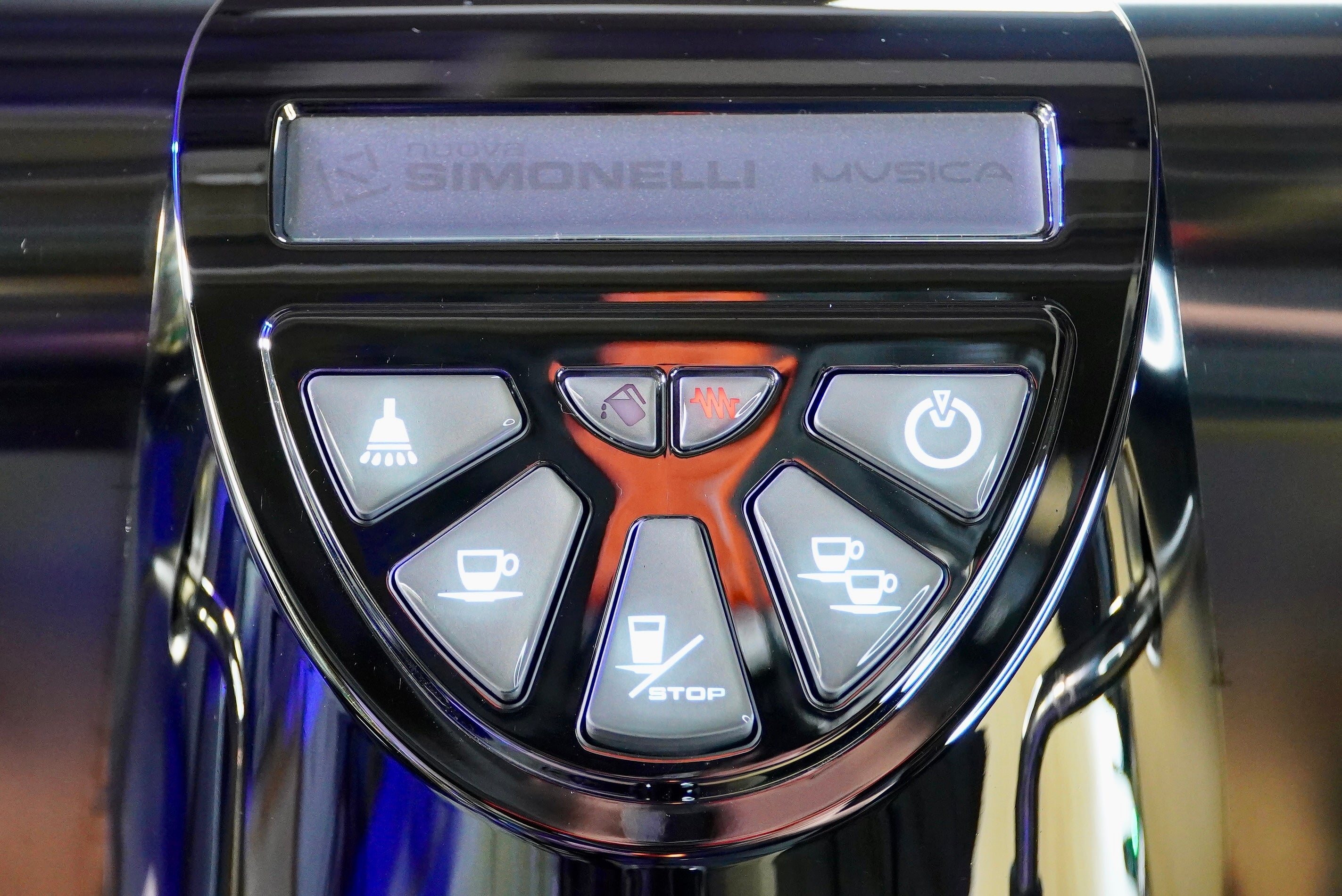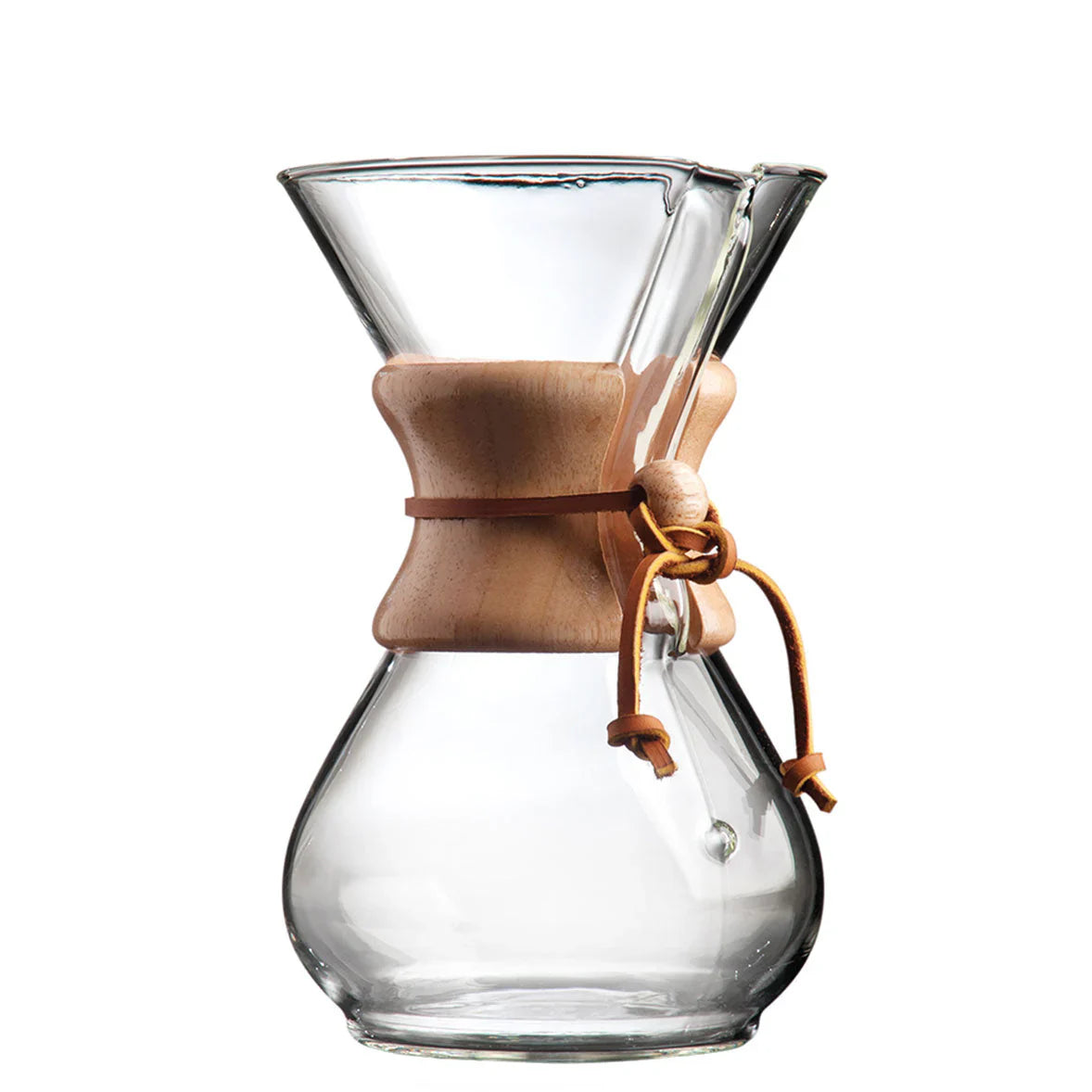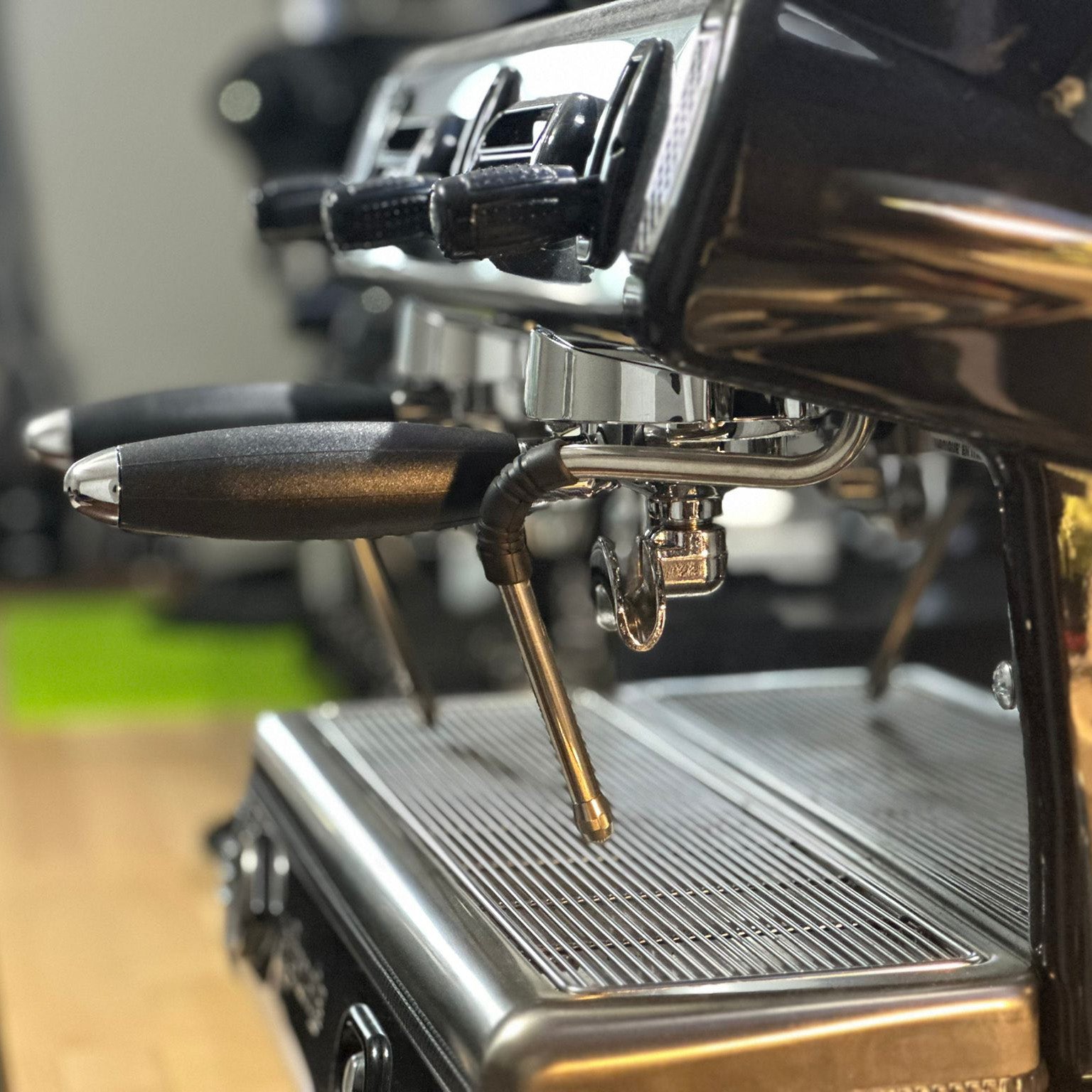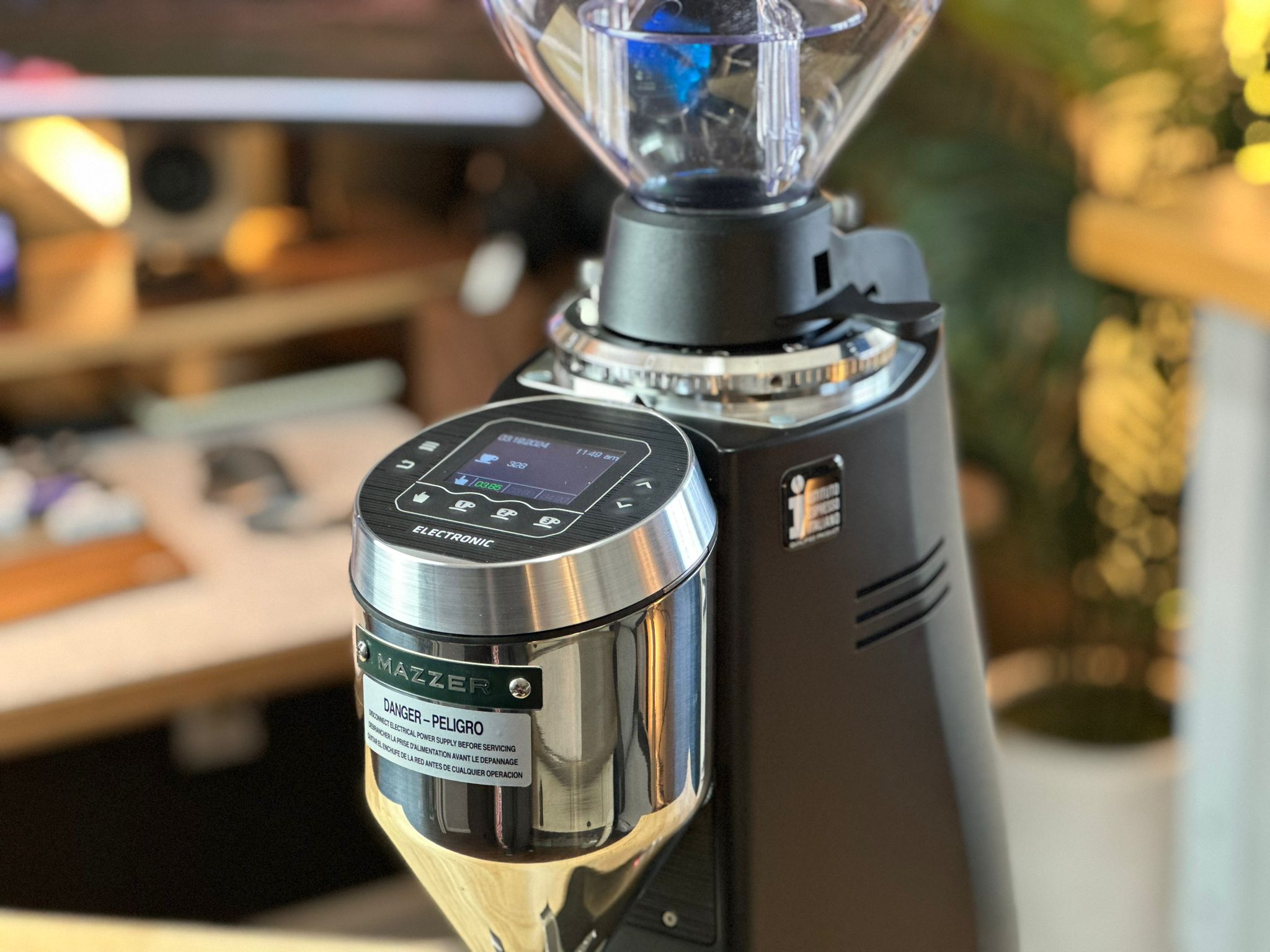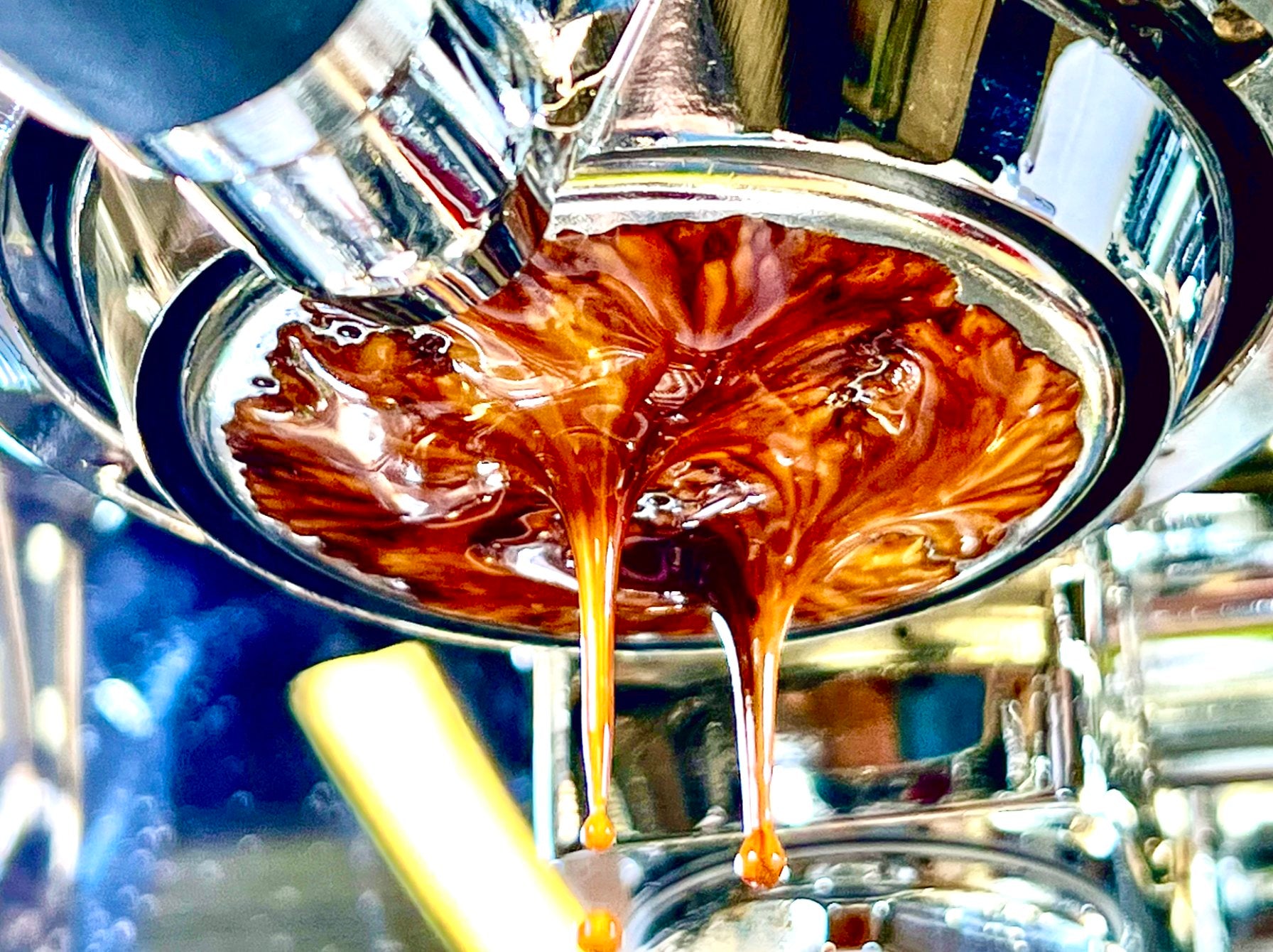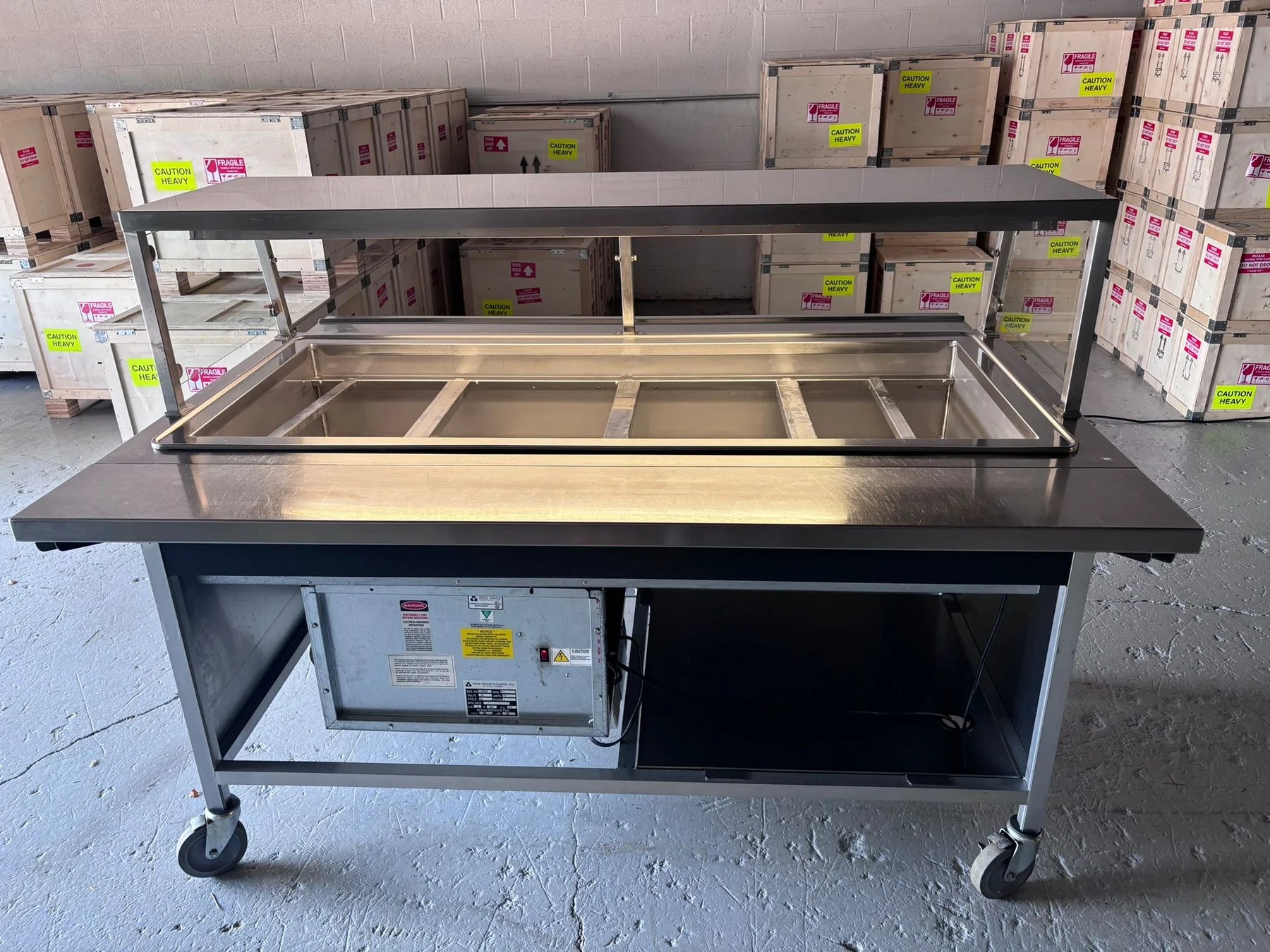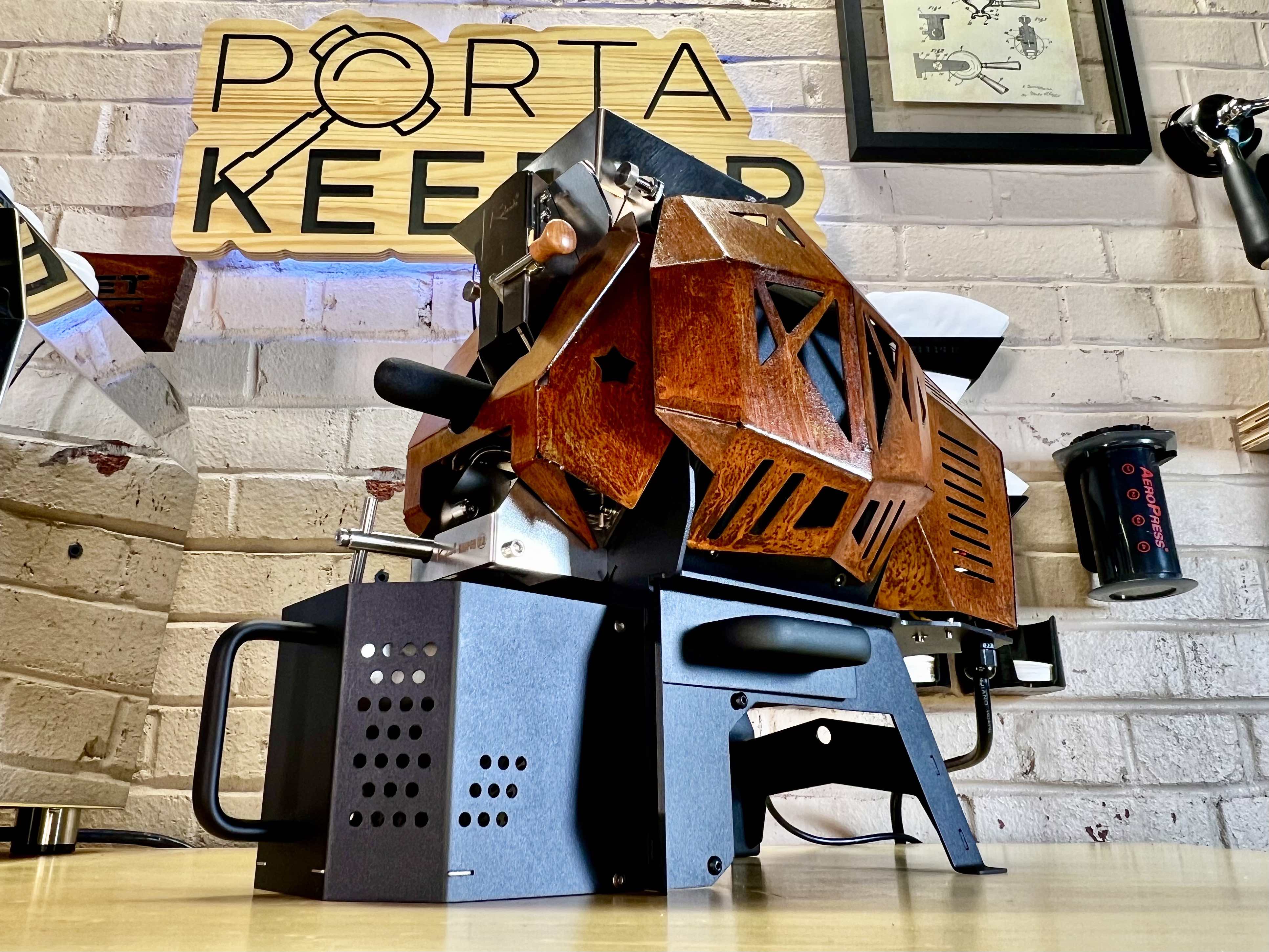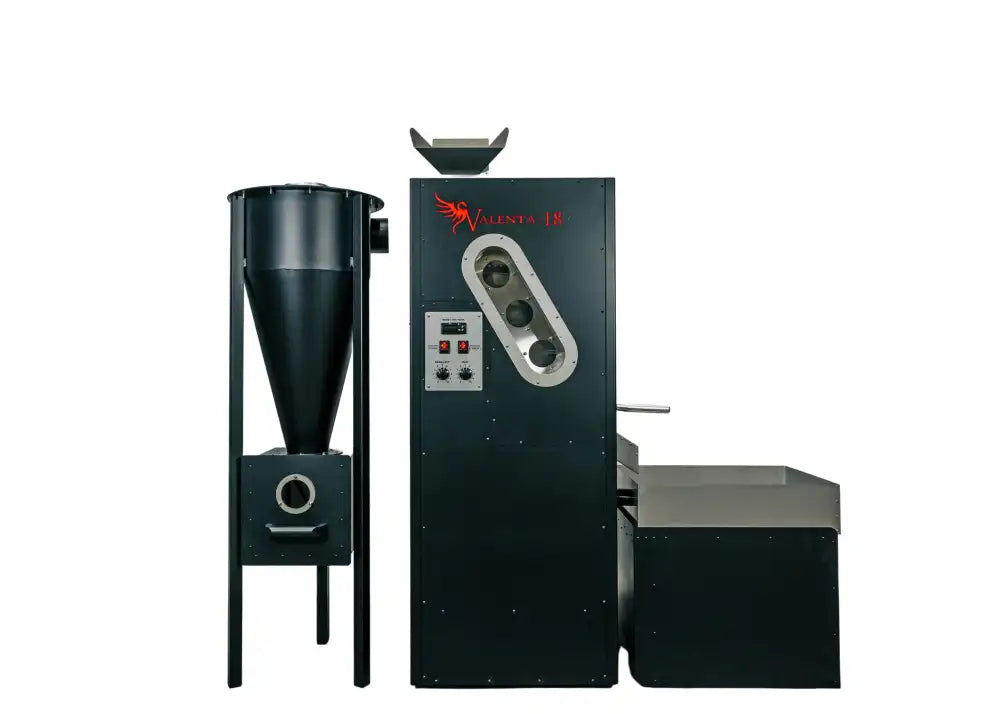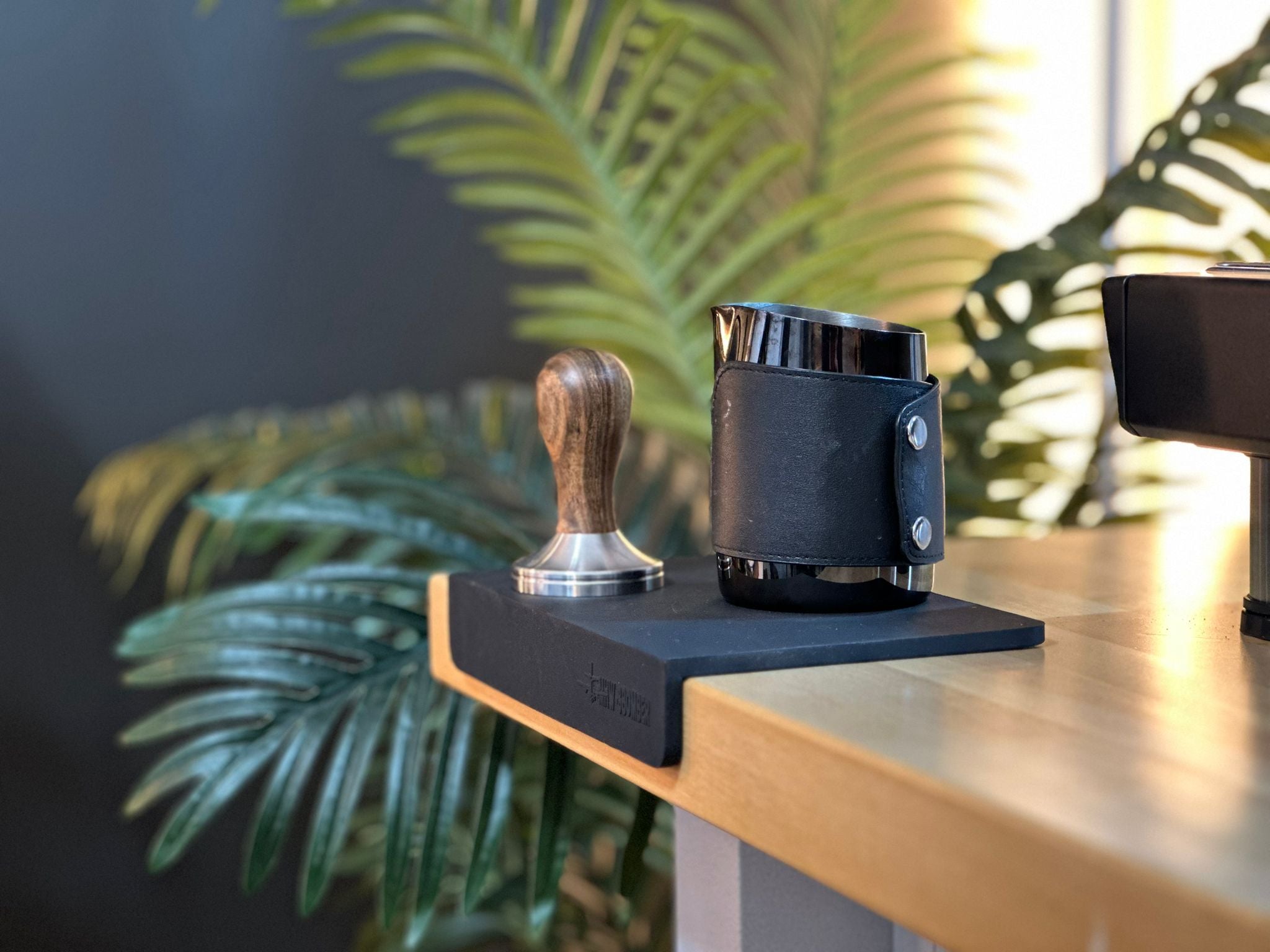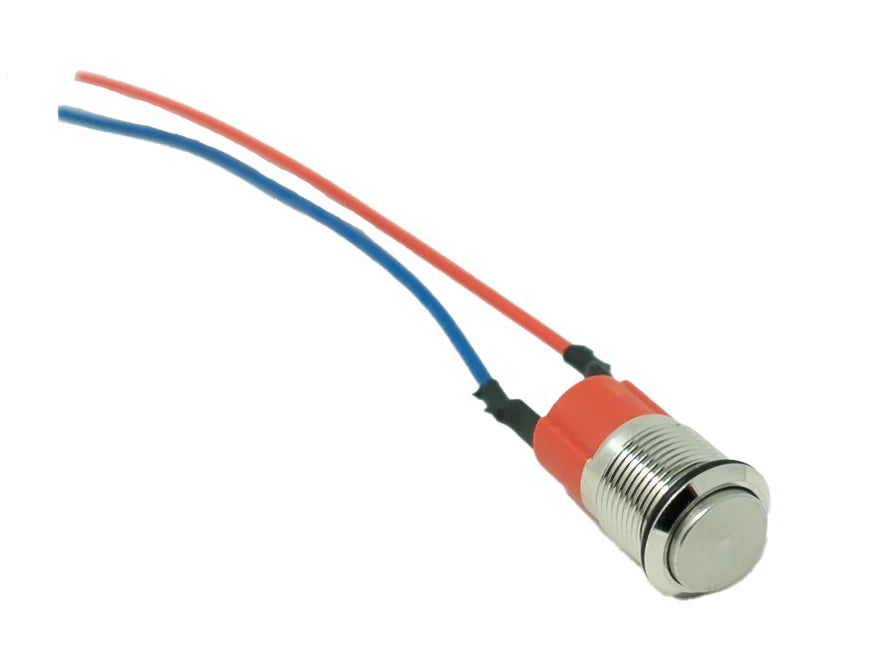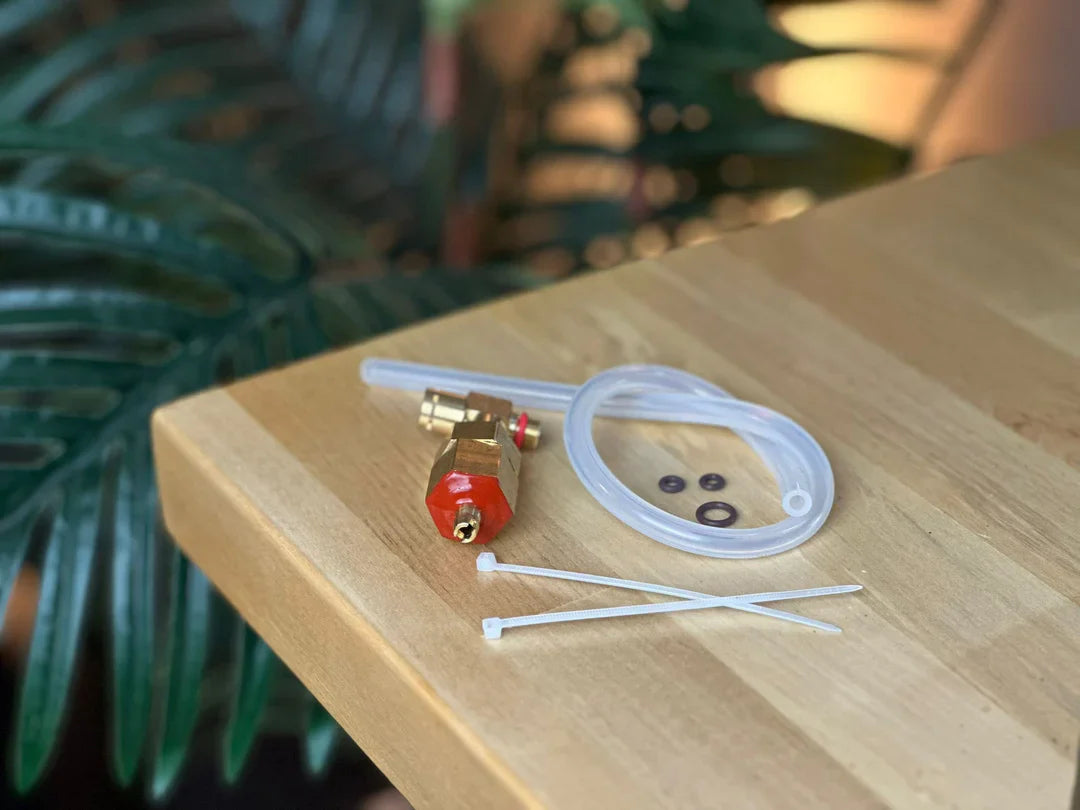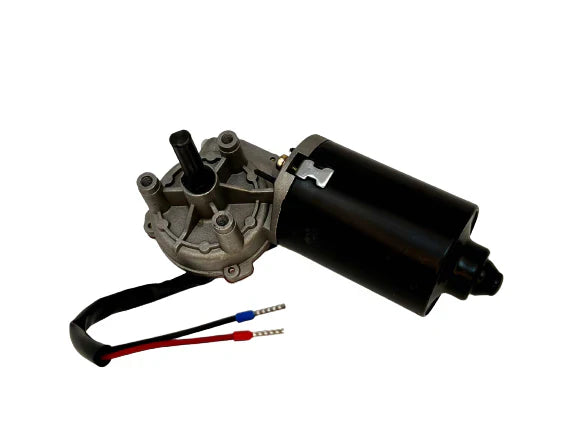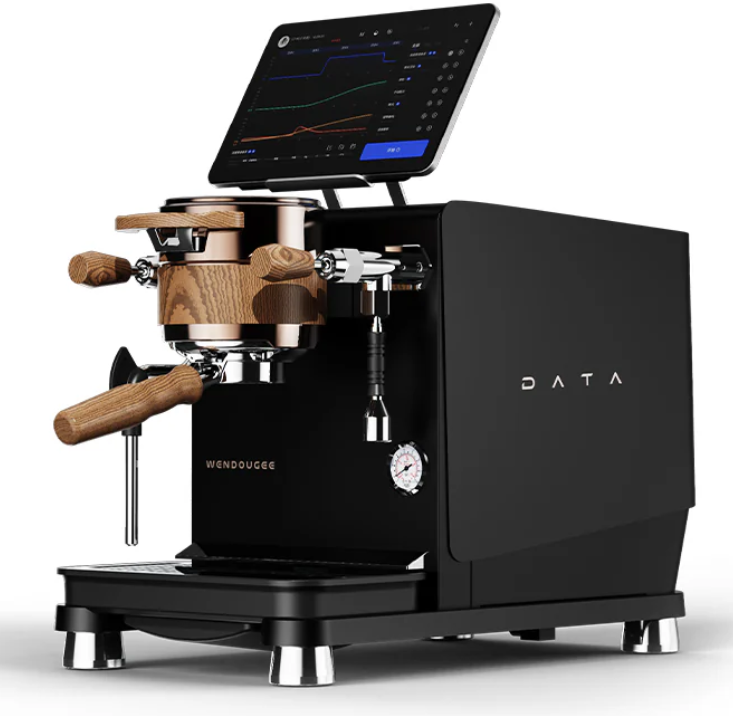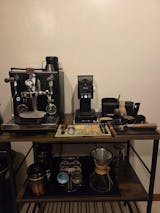Why Distilled Water and Reverse Osmosis Water Cause Corrosion of Metal Components in Espresso Machines
Distilled water and reverse osmosis (RO) water are two types of purified water that are commonly used for various applications due to their lack of impurities and dissolved minerals. However, while these water types are excellent at preventing limescale buildup, they can cause corrosion of metal components in espresso machines. This corrosion results from the unique chemical properties of pure water, particularly its tendency to become aggressive when it lacks dissolved minerals. In this article, we will explore the scientific reasons why distilled and RO water lead to metal corrosion in espresso machines, and the implications for both machine longevity and performance.
1. The Chemistry of Distilled and RO Water
Distilled Water
Distilled water is created by boiling water into steam and then condensing it back into liquid. This process removes virtually all dissolved salts, minerals, and other impurities, resulting in water that has 0 to very low total dissolved solids (TDS), typically less than 5 parts per million (ppm). The water that remains is essentially pure H₂O.
Reverse Osmosis (RO) Water
Reverse osmosis water is produced by forcing water through a semi-permeable membrane that filters out nearly all dissolved solids, minerals, and impurities. Like distilled water, RO water has extremely low TDS levels, often close to 0 ppm.
In both cases, the water is demineralized, meaning it lacks the calcium, magnesium, and other ions typically found in tap or bottled water.
2. Pure Water as an Aggressive Solvent
Water is often referred to as the "universal solvent" because of its ability to dissolve more substances than any other liquid. However, the chemical behavior of water changes significantly when it is demineralized, as in the case of distilled or reverse osmosis water.
Why Pure Water is Aggressive
In its natural state, water contains dissolved ions such as calcium, magnesium, and bicarbonates, which buffer its interactions with other materials. However, when these ions are removed through distillation or reverse osmosis, the water becomes more chemically reactive because it is electrically neutral but still has the capacity to dissolve substances.
-
Leaching of Metals: Water in its pure form seeks to re-equilibrate by absorbing minerals and ions from its surroundings. When distilled or RO water comes into contact with metal components in an espresso machine, it actively leaches metal ions (such as iron, copper, zinc, or nickel) from the machine's pipes, boiler, and fittings in an attempt to balance itself. Over time, this leaching weakens the metal and leads to corrosion.
-
Increased Solubility of Metal Ions: Pure water has a higher capacity to dissolve metal ions compared to mineralized water. This means that any exposed metal surfaces in contact with distilled or RO water are more vulnerable to gradual degradation through dissolution.
The Role of Acidity
While distilled and RO water are generally neutral with a pH of around 7, they can easily absorb carbon dioxide (CO₂) from the atmosphere, forming carbonic acid (H₂CO₃):
This weak acid lowers the water’s pH, making it slightly acidic. Even a small shift toward acidity can accelerate metal corrosion, particularly in materials like copper and brass, which are commonly used in espresso machine boilers and pipes.
3. Corrosion Mechanisms in Espresso Machines
Corrosion in espresso machines caused by distilled or RO water occurs through several chemical mechanisms, primarily due to the water's aggressive nature and tendency to react with metals.
3.1. General Corrosion
General or uniform corrosion occurs when metal surfaces are exposed to aggressive water. In the case of espresso machines:
- Distilled or RO water dissolves metal ions from the surface uniformly, causing the metal to thin over time.
- The loss of metal weakens components such as boiler walls, piping, and valves, which can eventually lead to leaks or failure of the machine’s internal systems.
3.2. Pitting Corrosion
Pitting corrosion is a localized form of corrosion that creates small, deep holes or pits on the surface of metal parts. This type of corrosion is particularly dangerous because it often goes unnoticed until the damage becomes severe.
- In the presence of pure water, localized areas of metal may dissolve at a much faster rate, leading to the formation of pits.
- These pits can cause leaks in boilers and water lines, and if they occur on sensitive components like heating elements, they can drastically reduce the lifespan of the machine.
3.3. Galvanic Corrosion
Galvanic corrosion occurs when two different metals are in electrical contact with each other in the presence of a conductive solution, such as water. Espresso machines often contain different metals, such as stainless steel, copper, and brass, in their construction.
- In distilled or RO water, the absence of ions increases the potential for galvanic reactions. When pure water comes into contact with dissimilar metals, it enhances the electrochemical process that leads to galvanic corrosion.
- This type of corrosion can cause one metal to corrode faster than the other, leading to premature degradation of machine components.
3.4. Leaching of Essential Metal Ions
In addition to general and pitting corrosion, distilled and RO water can cause the leaching of metal ions that are essential for the structural integrity of the machine. Over time, this leaching weakens the machine's internal components, causing problems such as:
- Loss of strength in boiler walls
- Weakening of solder joints
- Damage to fittings and valves
4. Practical Consequences for Espresso Machines
Using distilled or RO water in espresso machines can lead to several operational problems:
- Decreased Boiler Efficiency: As the metal components in the boiler corrode or pit, the efficiency of the machine decreases. Heating elements may become less effective, requiring more energy to maintain the correct temperature for brewing.
- Leaks and Failures: Corrosion can lead to pinhole leaks in the boiler or pipes, which, if left unchecked, can cause machine failure. Leaks are not only problematic for machine operation but can also pose safety hazards.
- Shorter Machine Lifespan: Machines that are regularly exposed to distilled or RO water may require more frequent maintenance and part replacements. Over time, the machine's lifespan may be significantly shortened due to the increased wear on metal components.
5. Why Balanced Water is Better for Espresso Machines
Water with a moderate level of dissolved minerals (e.g., 50–150 ppm of total dissolved solids) provides the best balance between minimizing limescale formation and preventing corrosion. This is why many espresso machine manufacturers and coffee experts recommend using water with specific levels of calcium, magnesium, and bicarbonates for brewing.
5.1. Protection Against Corrosion
Water with some mineral content acts as a buffer that prevents the aggressive chemical behavior seen with distilled or RO water. The presence of calcium and magnesium ions reduces the water’s ability to leach metal ions from the machine, effectively protecting metal surfaces from corrosion.
5.2. Improved Coffee Extraction
In addition to protecting the machine, minerals in water are essential for optimal coffee extraction. They help dissolve coffee solubles and contribute to the overall flavor and balance of the espresso. Pure water without any dissolved minerals can lead to under-extraction, resulting in sour, flat-tasting coffee.
6. Recommendations for Water Use in Espresso Machines
To protect the internal components of your espresso machine and ensure optimal performance, consider the following guidelines:
- Avoid using pure distilled or RO water in your espresso machine, as it can cause both operational problems and metal corrosion.
- Use water with a balanced mineral content, ideally around 50 ppm of calcium and magnesium, with a TDS of 75–150 ppm. This prevents both limescale buildup and corrosion.
- If you use RO water, re-mineralize it by adding a small amount of calcium or magnesium back into the water. Products like Third Wave Water are formulated to achieve the ideal mineral balance for espresso machines.
Conclusion
While distilled and reverse osmosis water prevent limescale, their lack of dissolved minerals can make them chemically aggressive, causing corrosion of metal components in espresso machines. This happens because pure water seeks to balance its chemical makeup by leaching metal ions from the surfaces it contacts, leading to issues such as pitting, general corrosion, and metal weakening. To avoid these problems, it's important to use water with a balanced mineral content that provides both protection against corrosion and optimal extraction for espresso.


